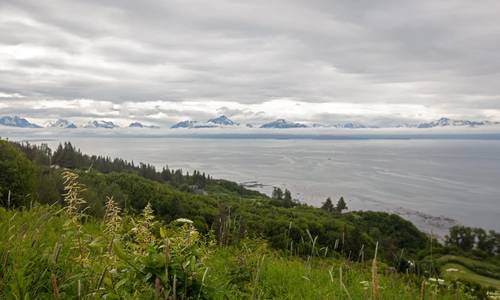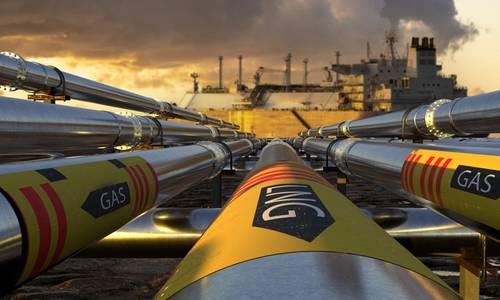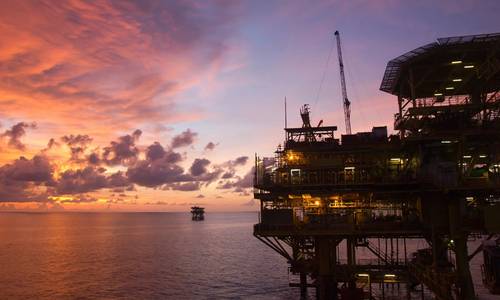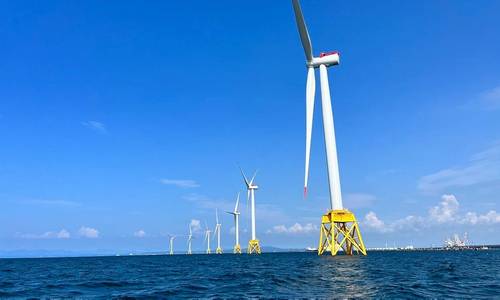Transocean Barents Gearing Up for Drilling Job in Romanian Black Sea
February 25, 2025
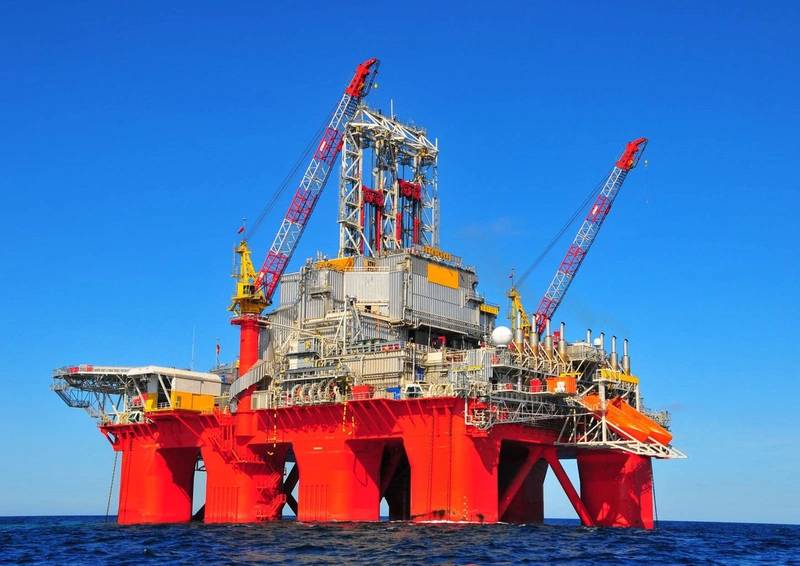
On a frigid morning on the Black Sea the sun is glaring into the quiet navigation room of the massive semi-submersible drilling rig Transocean Barents, anchored in Romania's Constanta port.
In a matter of weeks, the rig - known as the Mighty Barents - will travel 160 kms out to sea and start drilling the 10 gas wells that make up Neptun Deep, one of the European Union's most significant gas deposits which will double Romania's production and potentially turn it into a net exporter at a time when the EU is winding down Russian gas purchases.
Jointly owned by oil and gas group OMV Petrom, majority-controlled by Austria's OMV, and Romanian state-owned gas producer Romgaz, Neptun Deep holds an estimated 100 billion cubic meters (bcm) of recoverable gas.
"Once the ship goes out to sea it can start drilling in a few days," said OMV Petrom senior executive Cristian Hubati, adding it was a matter of weeks before that happened.
On track to deliver first gas in 2027, Neptun Deep is Romania's biggest energy project since it completed its second nuclear reactor almost two decades ago.
The project faces opposition from the country's rising far right, who regard gas exports as a betrayal of national interest, and protests and legal challenges from environmental activists, as well as fiscal uncertainty as the government seeks to lower the European Union's largest budget deficit.
To get past the bridges of the Bosphorous Strait and into the Black Sea, Transocean's rig, which has previously drilled in Canada, Norway, Cyprus and Lebanon, has had to lower its ram guides for the first time since it became operational in 2009.
Employees from 20 different companies were providing services on the rig, which has a cinema, a gym, a music room, a cafeteria and offices split over four levels.
Once the drilling starts, with some wells at depths of more than 1,000 metres, the rig will host up to 140 staff, which will rotate every four weeks round the clock for up to 18 months, manager Pierre Gully said.
(Reuters - Reporting by Luiza Ilie; Editing by David Evans)

